HOUSTON—It’s rush hour after a 9-to-5 cycle at his day job, and Mustafa Tameez is forcing his massive Infiniti SUV through traffic, passing the time by talking about how to fight terrorism.
Tameez isn’t talking about this mission in fighting words, though. He’s throwing out terms like “community engagement,” “grassroots,” and “sustainability,” as if he’s describing a neighborhood gardening project.
Tameez is not being asked to lead this effort, and a suave, 46-year-old, slick-haired political consultant and Muslim American is not the person you’d expect to carry the message.
But this is how it goes in localities across the United States, where Muslim leaders are developing innovative solutions to defend their communities against the threat of extremist ideology.
“Countering violent extremism requires engagement with the community,” Tameez says in an interview with The Daily Signal, adding:
It’s more of empowering the community to come up with solutions, not imposing them. What we are doing is making the community resilient to make sure they know how to protect their kids [from radicalization]. And it’s not a religious thing. As Americans, it’s all of our responsibility, obligation, and part of the fabric of our country to ensure safety for all.
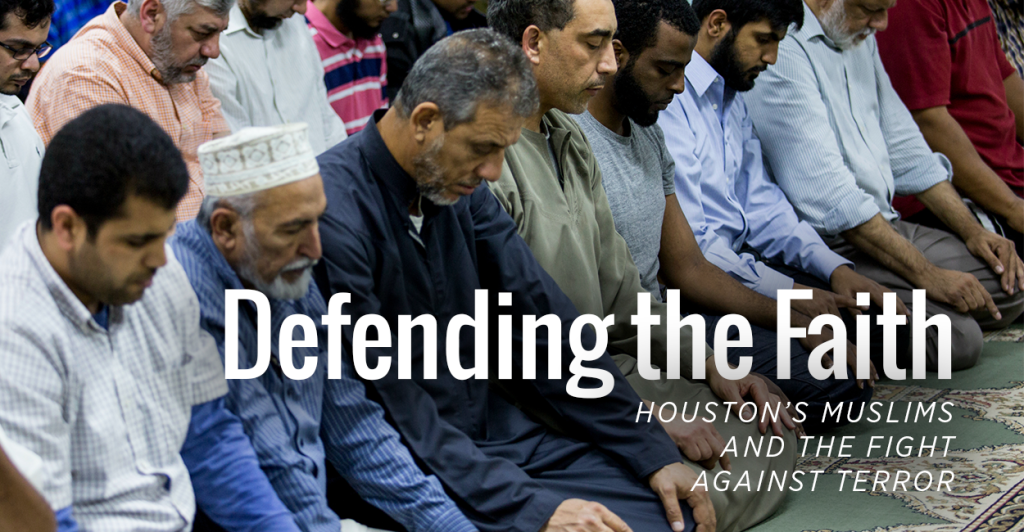 >>> First of two parts: Houston’s Muslim-Led Plan to Protect the Homeland
>>> First of two parts: Houston’s Muslim-Led Plan to Protect the Homeland
>>> Read Part Two: How These Texas Muslims Help Lead the Fight Against Terror
In a time when groups such as the Islamic State, al-Qaeda, and the Taliban terrorize the world in the name of Islam, America’s 3.3 million Muslims often are asked to respond, diagnose, and fight back.
The calls for action are especially powerful after domestic terrorist attacks such as the one in San Bernardino, Calif., in December, when a married Muslim couple killed 14 people and wounded 22 others in a mass shooting.
According to Heritage Foundation research, more than 80 Islamist-inspired terrorist plots against the U.S. (including attempted and completed attacks) have come to light since 9/11, and more than 200 Americans have traveled or attempted to travel to Syria to join the Islamic State, the terrorist group also known as ISIS.
Interviews with more than 40 Muslims in Houston produced not one who said he or she ever met or encountered someone with radical Islamist views. They said they don’t recognize the religion the terrorists claim to practice.
In Houston, America’s fourth-largest city, tens of thousands of Muslims—more than 60,000—live in any and all neighborhoods, working and worshiping how they choose.
“We’re 60- to 70,000 people in a city of 2.2 million folks and most of us are taxi drivers, teachers, doctors, and lawyers,” says Tameez, who has worked as a consultant for the Department of Homeland Security and State Department on counterterrorism issues.
“Nobody here went to school to study how you counter radicalism,” Tameez adds. “That’s just not what we know how to do. The whole Western world is struggling with this. To think a bunch of doctors and taxi drivers will figure out how to do it—it’s tough.”
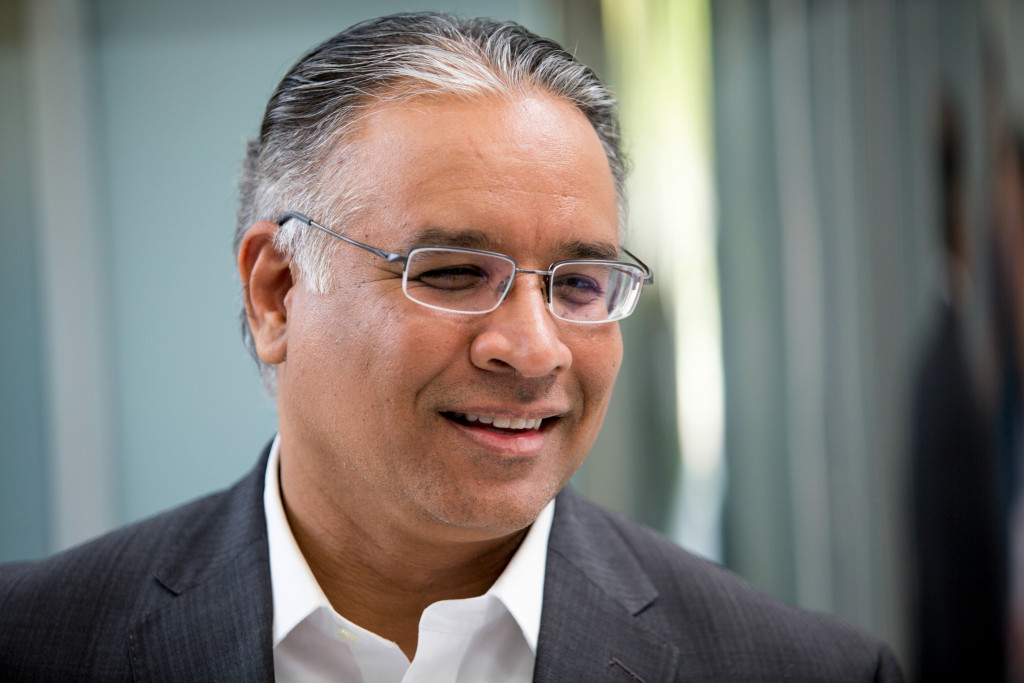
Mustafa Tameez, a Muslim community leader, launched a program to protect Houston and Harris County from extremism. (Photo: Scott Dalton for The Daily Signal)
But being a regular guy hasn’t stopped Tameez—and other community leaders across the country—from trying to do something to overcome the extremist message.
In December 2014, Tameez and another local Muslim leader, Wardah Khalid, created a plan to counter violent extremism for Harris County and its largest city, Houston.
Tameez and Khalid did not act in response to a problem—Houston and Harris County have never experienced a terrorist attack—but rather meant for the plan to be preventative.
The 19-page document, which was the result of 25 interviews with Muslim community leaders, and written in consultation with the Harris County Sheriff’s Office, goes beyond counterterrorism.
“You don’t just want to make these efforts about counterterrorism or as an anti-Muslim effort,” says Khalid, 29, who most recently worked as a Middle East policy analyst at the Friends Committee on National Legislation Education Fund, a Quaker lobbying group in Washington, D.C. She adds:
That doesn’t really help the issue. So the idea was to build a comprehensive community plan that makes the Muslim community more resilient in all aspects, like building a stronger capacity for mental health services, prison rehab, community initiatives offered by mosques, financial training, and guidance on how to address bullying in schools.
Tameez and Khalid’s plan is the result of an effort that the federal government has encouraged since after the 9/11 attacks, when America’s leaders began to try to facilitate Muslims’ cooperation in countering violent extremism in the United States.
The idea was more nuanced than simply getting Muslims to snitch on each other.
President George W. Bush previewed the approach he would take when he visited the Islamic Center of Washington six days after 9/11 to famously declare that “Islam is peace.”
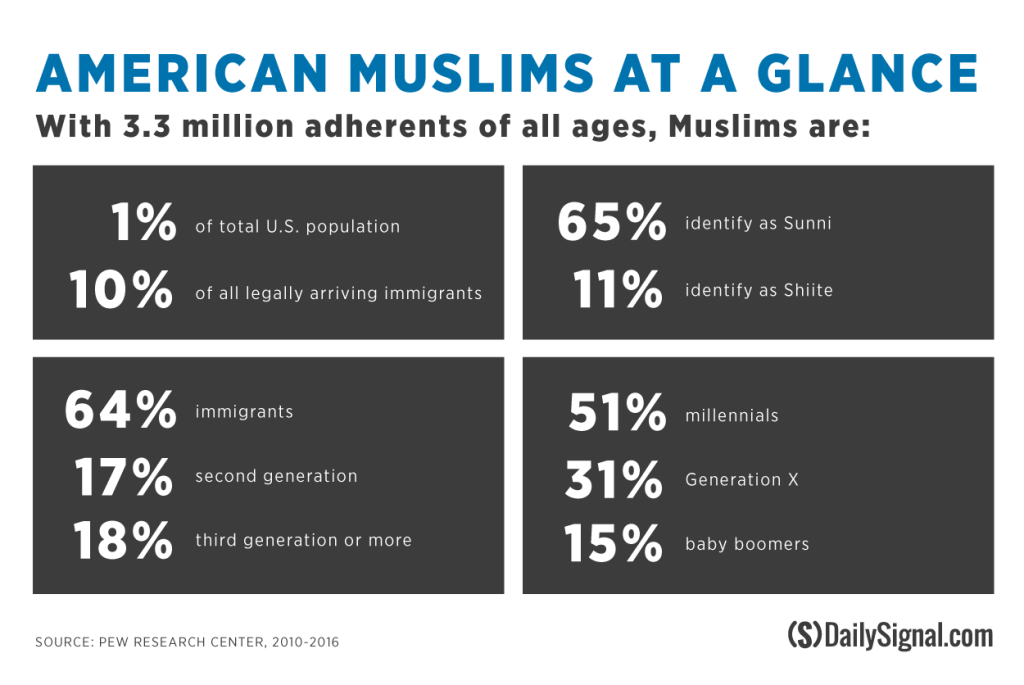 Michael Chertoff, who served as secretary of the Department of Homeland Security under Bush from 2005 to 2009, tells The Daily Signal that the former president was strategic in reaching out to the Muslim community in this way.
Michael Chertoff, who served as secretary of the Department of Homeland Security under Bush from 2005 to 2009, tells The Daily Signal that the former president was strategic in reaching out to the Muslim community in this way.
Chertoff says Bush wanted Muslims to feel like a part of the broader U.S. community, thus encouraging them to acclimate. That way, Muslims would become comfortable, with deep ties to their surroundings, and more likely to help in the mission of countering radicalization.
“We thought it was important to reach out to the Muslim community in a welcoming way,” Chertoff says.
“The issue of outreach to the Muslim community was an important element of what we did with homeland security, recognizing that the vast majority of American Muslims are loyal, prosperous, and successful, and are full participants in the American experience,” Chertoff adds:
We found the community very cooperative in terms of carrying out the message that many of these recruiters [for radical groups] give a very distorted and one-sided presentation of Islam that is not true to the mainstream religion but reflects extremist ideology. So we reassured them we were not focused on religion, but on behavior.
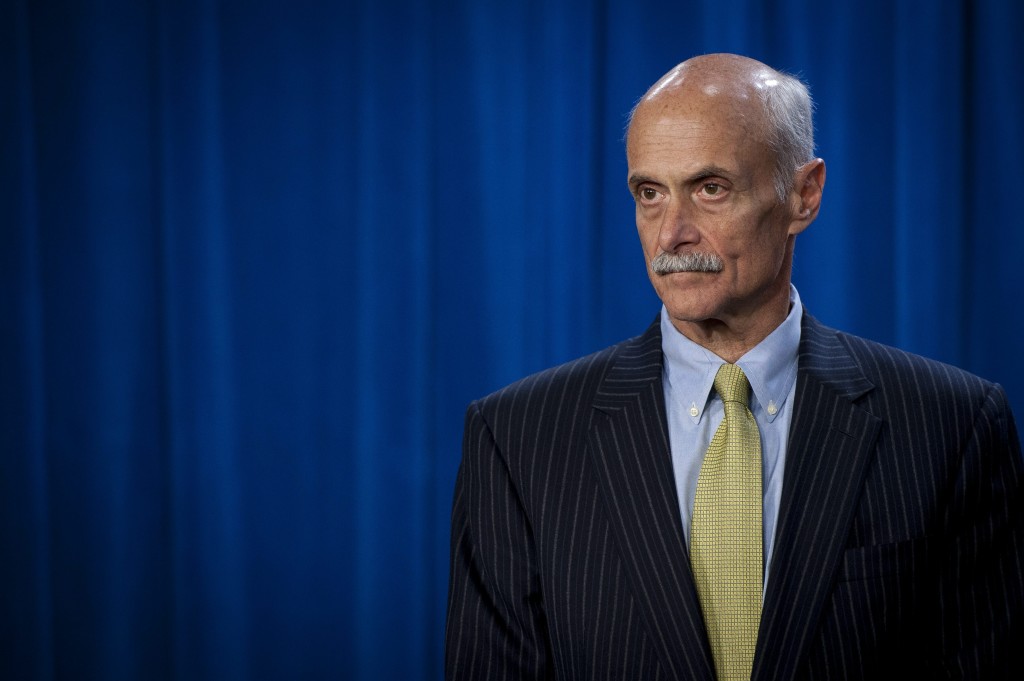
Michael Chertoff says the administration of President George W. Bush, which he served as homeland security secretary, deliberately reached out to America’s Muslims. (Photo: EPA/Pete Marovich/Newscom)
But while some local Muslim communities early on worked to create their own programs, the federal government was slow to support them, according to counterterrorism experts, as the effort suffered from a lack of focus and coordination.
“Going back to when we first had the conversation within government about whether or not we needed a domestic strategy to prevent violent extremism—that was in 2006—there was a decision made that we did not have the same level of challenge as Europe did,” says Quintan Wiktorowicz, a counterterrorism expert who most recently served in government as the senior director for community partnerships at the National Security Council.
“Some of us were advocating at the time for a preventive approach that builds on the strengths of Muslim American communities in particular, but also all of our communities, recognizing we have a lot going for us when compared to Europe,” Wiktorowicz tells The Daily Signal. “But the decision back then was, well, we don’t have as big a problem as Europe, so let’s not do anything.”
The Obama administration recently accelerated its support for community-driven approaches to counter extremism.
In September, Homeland Security Secretary Jeh Johnson announced the creation of the agency’s Office for Community Partnerships.
With an emphasis on community engagement, as its name suggests, the office has a different focus than a traditional investigative body like the FBI.
For the first time, Congress this year appropriated money—$10 million—for grants to states and local communities with programs for countering violent extremism, what government officials call CVE.
In addition, Johnson set up an interagency task force led by the Department of Homeland Security and including officials from the Department of Justice, the FBI, and other agencies to better organize how federal law enforcement assists counterterrorism efforts in U.S. cities.
George Selim, director of the new Office for Community Partnerships, also leads the interagency task force. Previously, he worked under Chertoff in the Department of Homeland Security’s Office for Civil Rights and Civil Liberties.
For the past 15 years, Selim, 36, a first-generation American of Egyptian and Lebanese parents who was born in Cleveland and raised on football, has made it his life to build relationships with Muslim community leaders across the country.
Through his career and upbringing, which has included frequent trips to the Middle East aided by his ability to speak Arabic, Selim learned that building trust with Muslim communities is a better approach them surveilling them.
Selim, who is Catholic, also realizes the federal government does not have the credibility to force Muslims to cooperate in confronting extremism.
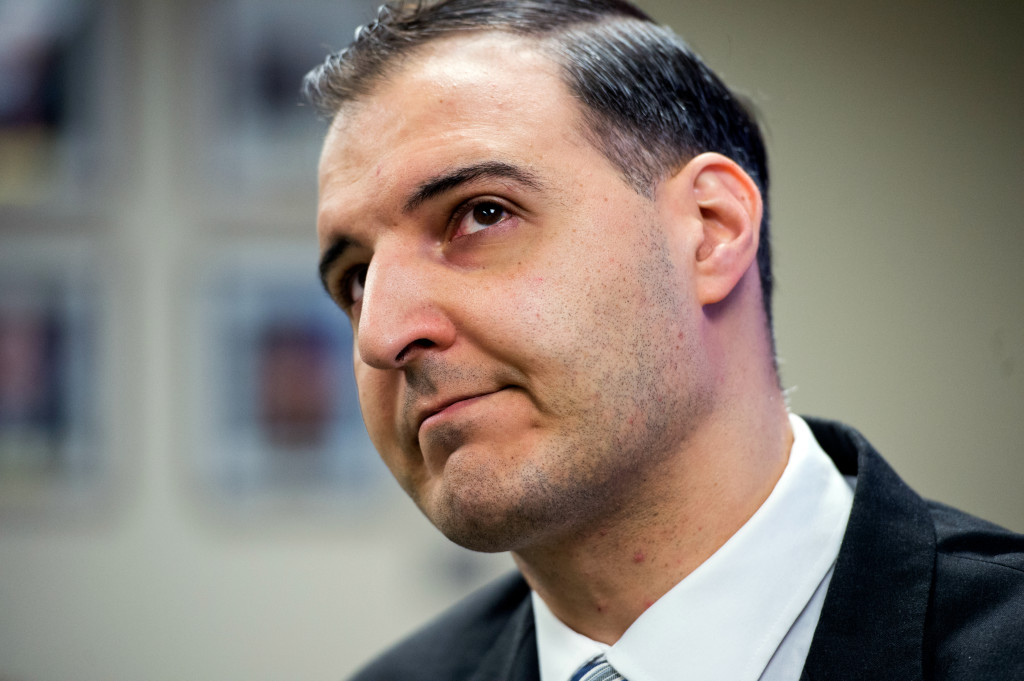
George Selim leads a new office designed to engage Muslim communities across the U.S. (Photo: Tom Williams/CQ Roll Call/Newscom)
About 10 formal CVE programs exist across the U.S.—with federal, state, and local collaboration—including the one in Houston initiated by Tameez. Other cities with programs: Los Angeles, Boston, Minneapolis, Denver, Tampa, Fla., and Columbus, Ohio. Counties include Montgomery County, Md., Loudoun County, Va., and Cook County, Ill.
“The key theme on this effort is that it be the local community leaders like Mustafa [Tameez] and others that generate the ideas, produce the content, and implement these programs,” Selim tells The Daily Signal in an interview, adding:
It’s really federally driven and locally implemented, on a completely voluntary basis. The difference between what Europe has done and what the U.S. is doing is that this has been a bottom-up approach that has been a result of requests from communities. This is part and parcel of how we protect the homeland—engaging people within our homeland of all faiths, stripes, and backgrounds.
As a pioneer in this community-driven approach, Houston—where leaders boast of its being the nation’s most diverse city, with the largest Muslim population in the South and more than 100 mosques—is a showcase for how ordinary American Muslims and initiatives to counter extremism can coexist.
Open Minds
“In my state of mind, I am a kid from Queens,” says Tameez, who moved to New York City from Karachi, Pakistan, when he was 8 years old.
As Tameez made a life in Houston after moving there in 1994, he witnessed from afar as radicalized Muslims committed terrorism in the West. He began to appreciate a different approach to confronting the threat domestically.
“If we don’t want to turn into Europe, then we have to elevate our engagement with the Muslim-American community at every level,” Tameez says. “We have to make sure they are not marginalized and have good, strong ties to the broader community.”
Tameez came to recognize that Muslims face challenges just like any other Americans, and that facilitating a communitywide response to those issues would leave everyone better off, and serve as a bulwark against extremism.
For example, in their counterterrorism plan, Tameez and Khalid recommend that mosques offer free or low-cost mental health programs, including a proposal that imams obtain a basic counseling certificate.
They also encourage Muslims to promote interfaith dialogue with other religions, and religious leaders to teach Muslim youth how to talk about their faith, to “prevent misperceptions.”
Many of the initiatives already existed, but spelling them out in one place was supposed to accelerate how they interact with each other.
When Tameez and Khalid created the plan, they had buy-in from local law enforcement.
The Harris County sheriff at the time, Adrian Garcia, partnered with Tameez in pursuing the idea of completing a community counterterrorism plan.
With Tameez’ help, Garcia and the Sheriff’s Office launched an initiative called the incident response forum, where local law enforcement, community leaders, and a representative from the FBI would come together after a terrorist attack anywhere in the world and share information.
Garcia was known to keep fast during Ramadan as a signal of solidarity with Muslims, and was a frequent visitor to the city’s mosques.
“Once you are engaging the Muslim community in the same way you would approach any other segment of the community, you create believers that you do care about me as a citizen in the community and respect me as a Muslim,” Garcia tells The Daily Signal. “Then you create much more open minds, and the relationships are much stronger.”
But community-driven counterterrorism plans are also fragile and dependent on individual leaders, some of whom are elected or appointed and thus come and go.
Harris County’s current sheriff, Ron Hickman, appointed last year, has not made counterterrorism a priority, according to Tameez, and isn’t actively following the plan. The incident response forums started under Garcia do not happen anymore, he says.
Hickman did not respond to The Daily Signal’s requests for comment.
Tameez says he is engaging Houston’s new mayor, Sylvester Turner, elected this year, and the Houston Police Department, which has an interim chief, about how they can work together to implement the plan.
Yet despite the best efforts of Selim at Homeland Security, who Tameez says he knows and respects, Tameez believes the federal government needs to commit more to community-driven counterterrorism efforts nationwide.
“It shouldn’t be that I know everybody’s name doing CVE,” Tameez says, explaining:
It’s such a small world for such a great need. The government is set up to kill the terrorists where they are. But long term, that’s not how we stop this thing. What do we do when ISIS’s message attracts non-Muslims? Because this is where it’s headed. There are more mentally ill people than there are Muslims in the U.S.
Another Model
Hedieh Mirahmadi is the author of a similar community-led program to counter extremism in Maryland’s Montgomery County—the first of its kind to receive federal funding.
“Homeland security models up to now have been, ‘See something. Say something. Call the police,’” Mirahmadi tells The Daily Signal. “Our idea is, ‘See something. Say something. Call a therapist or call a counselor.’ You are intervening not when someone is in the middle of committing a felony, but way before that point—in the precriminal space, before that person turns to violence.”
Mirahmadi, a lawyer in her mid-40s who has worked in counterterrorism for more than 20 years, devised her plan after 10 years traveling to Europe, the Middle East, and East Asia to observe other programs to engage Muslim communities. She says:
Some of the most important things we found is, No. 1, the police shouldn’t lead the conversation all the time; they should be equal, but trusted, partners. No. 2, this shouldn’t be about just Muslims. That was creating all types of stereotypes and stigmatism. No. 3, it needs to be about something other than terrorism. And No. 4, you need to apply metrics, so we can evaluate what we are doing.
The “Montgomery County model,” as Mirahmadi’s plan is known, has operated for three years under a partnership her nonprofit, the World Organization for Resource Development and Education (WORDE), has with the Montgomery County Police Department and the county government’s Faith Community Working Group.
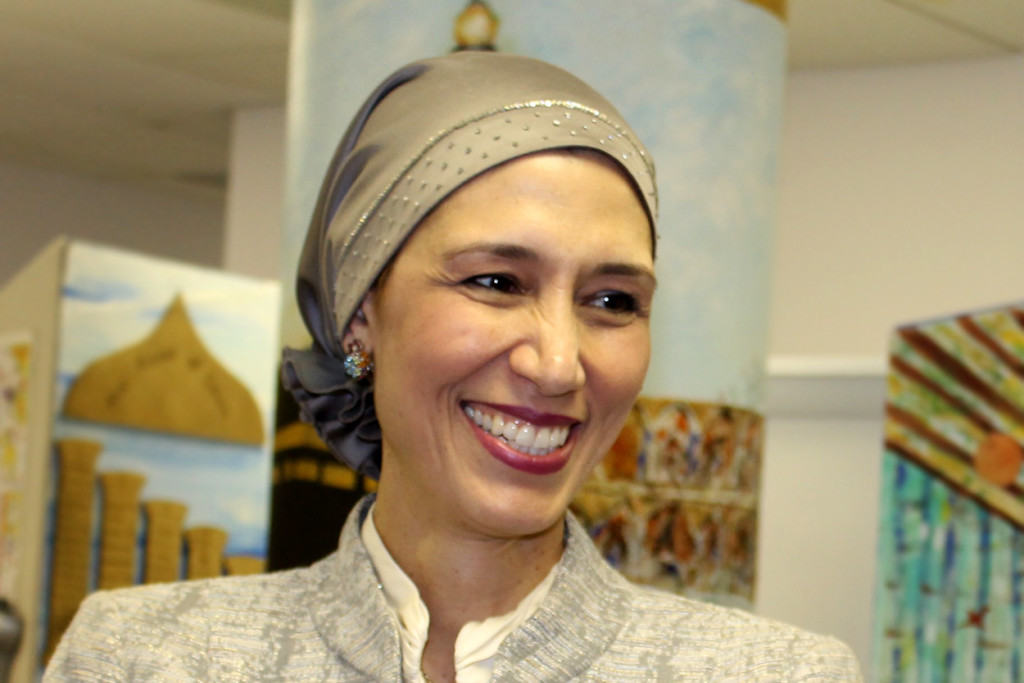
Hedieh Mirahmadi created a program to counter violent extremism for Maryland’s Montgomery County that is the first of its kind to receive federal funding. (Photo courtesy of Hedieh Mirahmadi)
The Department of Justice recently provided a grant of about $500,000 to Mirahmadi and Montgomery County to help implement its program.
The model encourages early intervention by educating faith leaders, school resource officers, teachers, sports coaches, social service providers, law enforcement officials, and parents on how to recognize the early signs of extremism.
It asks them to refer a person who could be at risk for radicalization to WORDE, which does a clinical assessment to determine that person’s mental health, support structure, and other risk factors.
The Montgomery County model is meant to be preventative, so those receiving treatment have not demonstrated an imminent threat—or capability—to do harm.
“You try to get them on the path of integration and self-sufficiency, and then you discharge them,” says Mirahmadi, who grew up in Beverly Hills, Calif.
Those who are clearly radicalized and dangerous would be reported to the FBI, per statutory protocol.
But those who get treatment through WORDE do so voluntarily, and many of those seeking help are suffering from issues unrelated to extremism.
For example, Mirahmadi says her program sometimes treats refugees who are struggling to adjust to American culture as well as teens who feel disenfranchised and disconnected with society. She would not say how many have gone through the program, citing confidentiality.
“It’s important not to describe this as deradicalization,” Mirahmadi says, explaining:
We are treating people facing more holistic issues, such as mild mental illness, sociological challenges related to assimilation, and economic challenges for people feeling a sense of relative deprivation because they can’t get things they think they should have. Like, ‘I can’t get a job because I’m Muslim, or I can’t earn a living for my family because I am being discriminated against.’
Although law enforcement is used to being on the front lines, Lt. Michael Ward of the Montgomery County Police Department says the police force recognizes that a third-party community organization like WORDE may be better suited to handle challenges facing Muslims and other minority groups.
“Our model is to use this agency [WORDE] as a third-party intermediary, which benefits law enforcement by creating a trusting relationship with a community we didn’t have much of a relationship with,” Ward tells The Daily Signal. “As law enforcement, I would always want to know first, but for people torn between notifying the FBI and not notifying anybody, it’s helpful to have a nonthreatening middle ground.”
And according to one former agent, the FBI is beginning to realize its limitations and learning to embrace the intervention approach.
“CVE will die if we don’t do two things,” says Gamal Abdel-Hafiz, who was the first-ever Muslim FBI agent and retired last year after a career focused on community engagement in Dallas.
In an interview with The Daily Signal, Abdel-Hafiz, 57, outlined two key elements in countering violent extremism, or CVE:
One is that we have to have continuity. You can’t start something and forget about it. Then the community will know we are not serious or the previous push for CVE was to flush out someone in the community so we can arrest them and they will not trust us again.
The second part of this is to get a commitment from DOJ [the Department of Justice] that if someone comes to us and says, ‘I think my son is thinking about becoming radicalized but hasn’t done it yet,’ that person’s son won’t be thrown in jail. No one in the FBI ever got a promotion because they were great at CVE. The FBI is an enforcement investigative agency, not an engagement and outreach unit. But it’s an important concept.
‘People Are Scared’
Community leaders such as Tameez, Khalid, and Mirahmadi worry the federal government is not moving fast enough to support local counterterrorism programs.
“I think our inertia in developing domestic CVE programs has scared the American public,” Mirahmadi says, adding:
The American people are angrier and more scared than after 9/11, and people have a right to be afraid. So it’s important for Muslims to let people know the real concrete way—it’s not just speaking up; people are condemning terrorism every week—at this point we should be past that, but intimately involved in the solution.
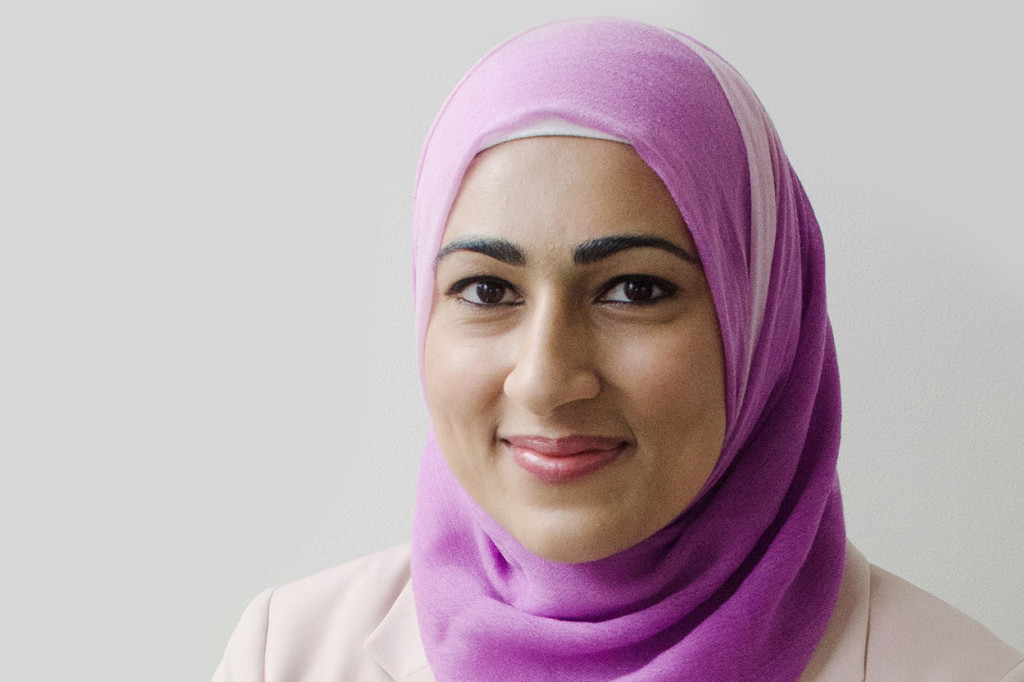
Wardah Khalid says her American pride drives her to confront violent extremism. (Photo courtesy of Wardah Khalid)
The Obama administration, for its part, recognizes the need to assist local jurisdictions in developing a counternarrative to extremism.
Johnson, the president’s homeland security secretary, is asking Congress to allow him to redirect funds in the 2016 budget to offer more than the $10 million in grant money already programmed for community-led counterterrorism programs.
“If people are saying Muslims are not cooperating, and should do more, well, what should we do?” Tameez says. “Tell us. If people came out and said here’s the three-point plan, here’s what the Muslim community should do, I think people would do it. That’s the challenge after all this time. We as the community are still figuring it out on our own.”
If the federal government gets too involved, though, it risks backlash from Muslims who say they would feel like they are being used to fight terrorism.
But other Muslim leaders say programs to counter violent extremism should more directly address the issue of radical Islamist terrorism, and deliberately be framed in that way.
“There’s no doubt cooperation and programs like this that pick up on warning signs when someone is becoming radicalized are helpful and necessary, and I wouldn’t demean the effort,” says M. Zuhdi Jasser, president of the Arizona-based American Islamic Forum for Democracy, who argues his fellow Muslims have a “responsibility to root out radicalization.”
“But from a counterterrorism perspective, it really needs to be called CVI: Countering Violent Islamism,” Jasser tells The Daily Signal. “You cannot have an effective program against terrorism unless you directly counter the bigger issue, which is political Islam—the ideology that fuels radical Islamists.”
Houston’s Tameez and Khalid, however, view their identities as American Muslims in a more nuanced way.
Khalid is a young woman of Pakistani descent. She says she lived a “very normal” upbringing in Spring, a town near Houston, with dreams of working in government.
As she went through public school, students were “oblivious” to religion. She had Jewish, Mormon, Catholic, and other Christian friends, and their differences didn’t matter. But when she graduated college in 2009, she recalls, she began to sense “Islamophobia,” and started a personal blog called “Young American Muslim.”
“The thing I want to emphasize is, Muslims don’t have a religious obligation to counter terrorism,” Khalid says:
“I don’t do CVE work because I feel obligated as a Muslim to do it. I do it because I feel obligated as an American to—because I am concerned about keeping my community safe. That’s why it’s important to approach this from the community perspective.”
Next: Meet some more of the Muslims in Houston who want to counter radicalization and terrorism.

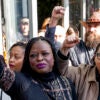
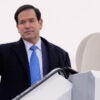
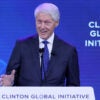




























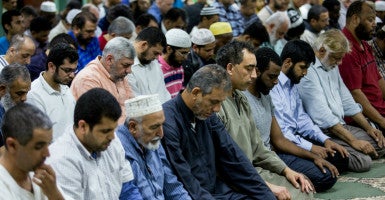
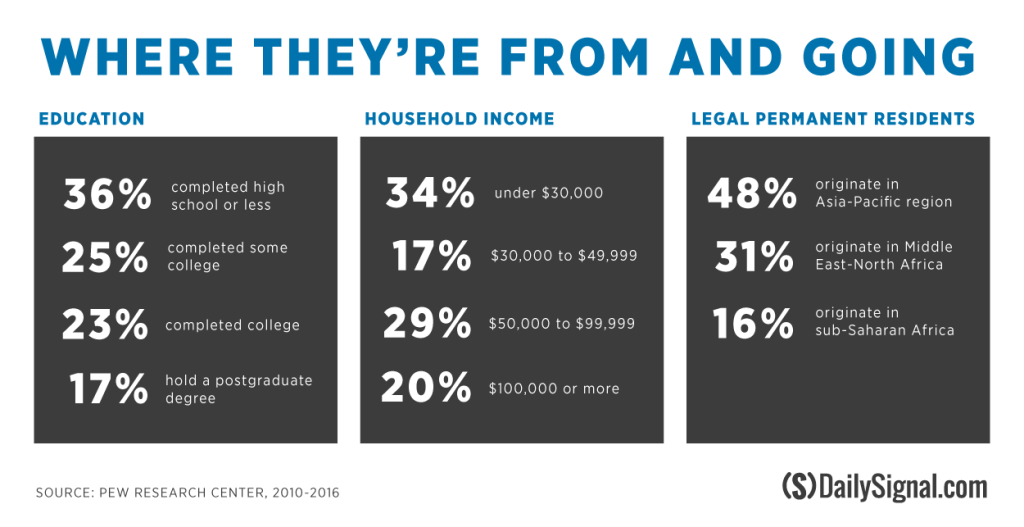
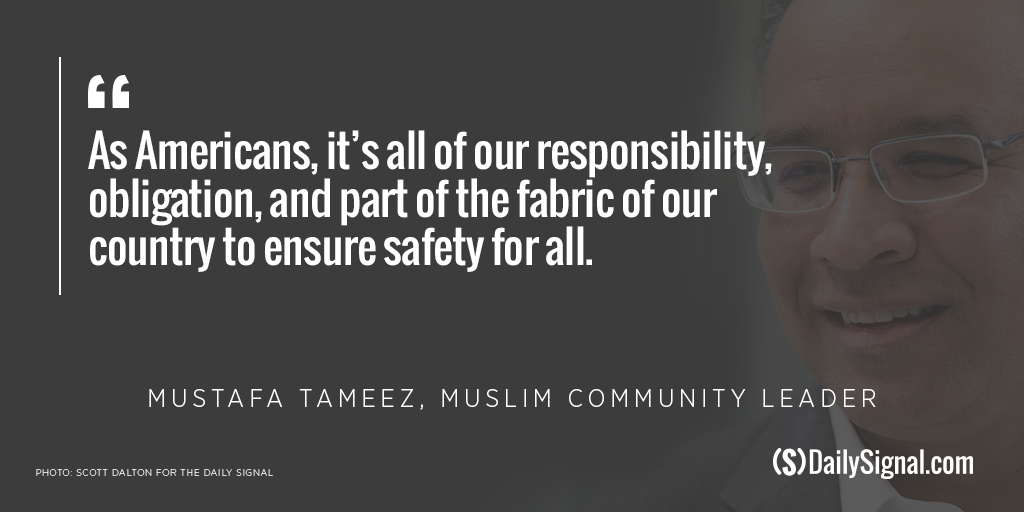
One Reply to “Houston’s Muslim-Led Plan to Protect the Homeland”